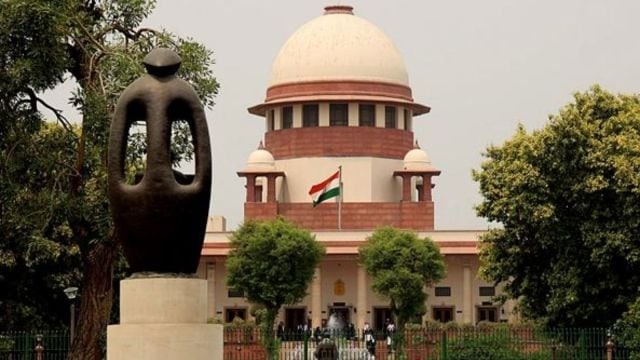Article 22 of the Indian Constitution

- 12 Feb 2025
In News:
Article 22 of the Indian Constitution, enshrined in Part III under Fundamental Rights, provides critical safeguards to individuals against arbitrary arrest and detention. It ensures that liberty is not curtailed without adherence to due process. These rights are applicable to all individuals—citizens and non-citizens—except enemy aliens and those under preventive detention laws.
Key Provisions of Article 22:
- Article 22(1): No person who is arrested shall be detained without being informed of the grounds for such arrest. The arrestee has the right to consult and be defended by a legal practitioner of their choice.
- Article 22(2): The arrested person must be produced before the nearest magistrate within 24 hours of arrest (excluding travel time). Further detention without magistrate’s approval is unconstitutional.
- Article 22(3): The above protections do not apply to:
- Enemy aliens.
- Persons detained under preventive detention laws.
- Article 22(4): Preventive detention cannot exceed three months unless approved by an Advisory Board comprising judges of a High Court.
- Article 22(5): The detained individual must be informed of the grounds of detention and given a chance to make a representation against it.
- Article 22(6): Authorities may withhold facts if disclosure is deemed against public interest.
- Article 22(7): Parliament may prescribe:
- Circumstances under which detention can extend beyond three months without Advisory Board opinion.
- Maximum period of detention.
- Advisory Board procedure.
Supreme Court Ruling: Mandatory Compliance with Article 22(1)
In a recent landmark judgment, the Supreme Court reaffirmed that non-disclosure of grounds of arrest violates Articles 22(1) and 21, rendering such arrests illegal.
A bench comprising Justices A.S. Oka and N.K. Singh ruled that the obligation to inform an arrested person of the grounds of arrest is not a mere formality but a constitutional mandate. Failure to do so deprives the individual of liberty without due process, violating the fundamental rights under Article 21 (Right to Life and Liberty) as well.
Key observations of the Court:
- Communication of Arrest Grounds: The arrested individual must be informed “as soon as may be” after arrest in a language and manner understandable to them. Merely mentioning grounds in the remand report or charge sheet does not satisfy Article 22(1).
- Written Communication Preferred: While not mandatory, providing the grounds of arrest in writing is encouraged to avoid controversy and ensure clarity (as suggested earlier in Pankaj Bansal v. Union of India).
- Duty of Magistrate: At the time of remand, the magistrate must verify if Article 22(1) compliance has occurred. If not, remand is unconstitutional, and the arrest stands vitiated.
- Burden of Proof: If the accused alleges non-compliance, the Investigating Officer bears the burden to prove that Article 22(1) was followed.
- Ground for Bail: Violation of Article 22(1) can itself be a ground for granting bail, even in cases where statutory restrictions exist.
- Communication to Relatives (CrPC Section 50A): Justice Singh emphasized that the grounds of arrest should also be conveyed to friends, relatives, or nominated persons of the arrestee. This facilitates immediate legal recourse to secure release, reinforcing the right to liberty under Article 21.
Conclusion:
The Supreme Court’s judgment marks a crucial reaffirmation of constitutional liberties. It ensures that procedural safeguards under Articles 21 and 22 are not diluted by executive convenience and establishes a higher standard of accountability in the process of arrest and detention in India.
